Tribes hold a pivotal position in Arab society, particularly in the Gulf region, where their influence permeates political, social, and cultural spheres.
Often described as a “second government,” tribes wield considerable power among their members, shaping decisions and fostering cohesion. While tribal structures share common systems, their unique characteristics distinguish them, continuing to define Gulf societies today.
A Historical and Contemporary Perspective
The Arab Gulf States Institute in Washington (AGSIW) recently organized a discussion centered on the book Tribal Dynamics in the Gulf: Past and Present. This publication provides a concise yet insightful analysis of tribal systems and their evolving roles in Gulf societies. The book examines the historical significance of tribes while connecting their legacy to contemporary political and social dynamics.
In the Gulf, tribes often extend across national borders, forming familial and cultural ties that transcend geography. These connections have played a critical role in shaping relationships between Gulf Cooperation Council (GCC) member states, fostering unity while occasionally contributing to tensions.
Tribal Influence in Modern Gulf Societies
The book highlights how tribes impact the political and social landscape to varying degrees across the region. In some cases, tribes operate as influential mediators in government affairs, while in others, they act as community anchors, preserving traditions and customs. By exploring these dynamics, the book sheds light on the complexities of tribal influence in the Gulf’s tightly interconnected societies.
Bridging Past and Present
As the Gulf modernizes, tribal structures face the challenge of maintaining relevance in rapidly changing societies. Yet their enduring significance offers valuable insights into how tradition and modernity coexist. Understanding these dynamics is crucial for comprehending the region’s socio-political fabric and the underlying relationships that shape the GCC.
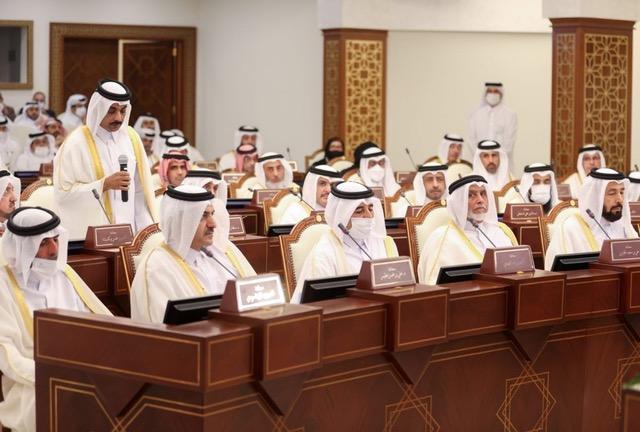
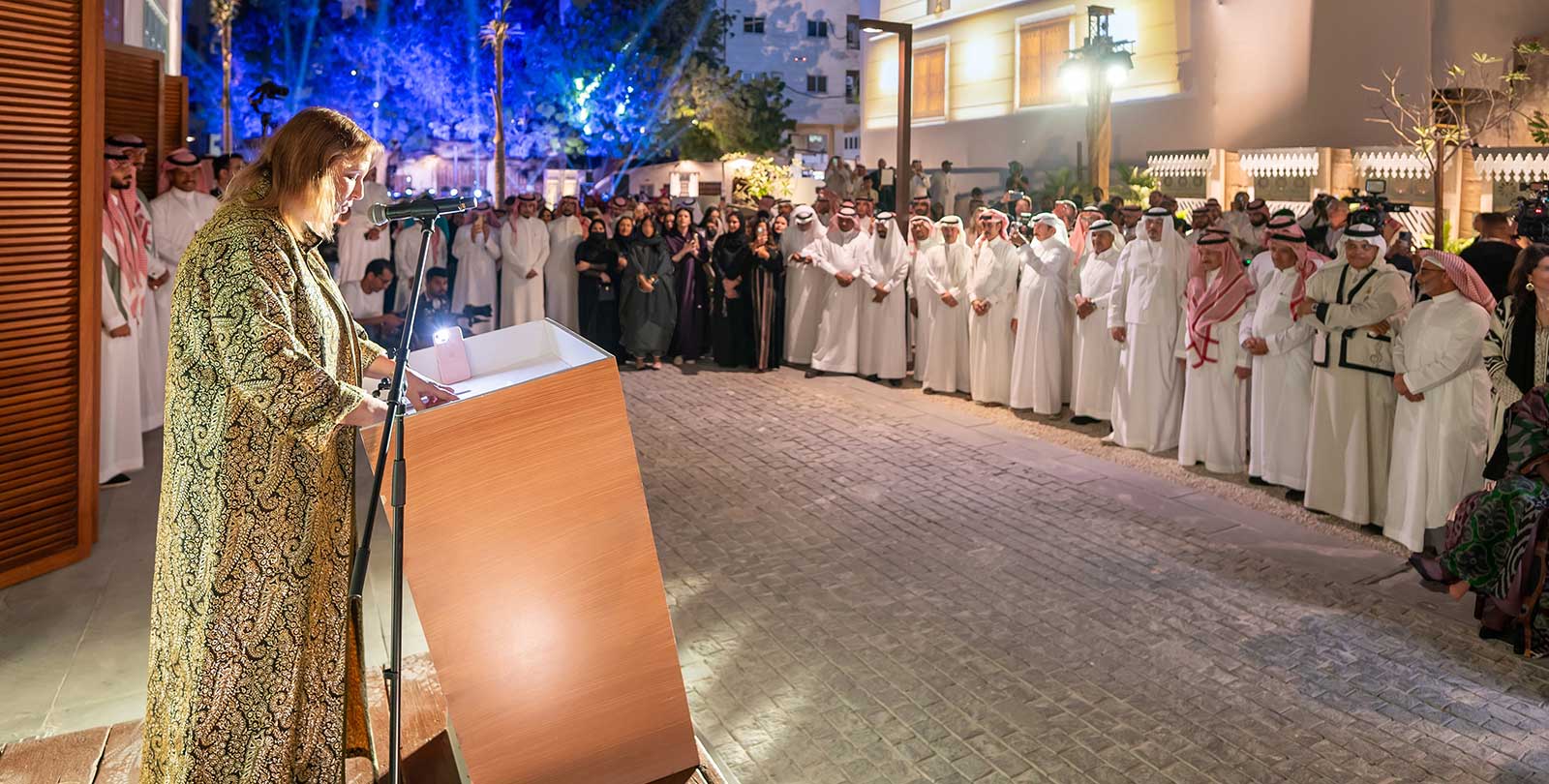

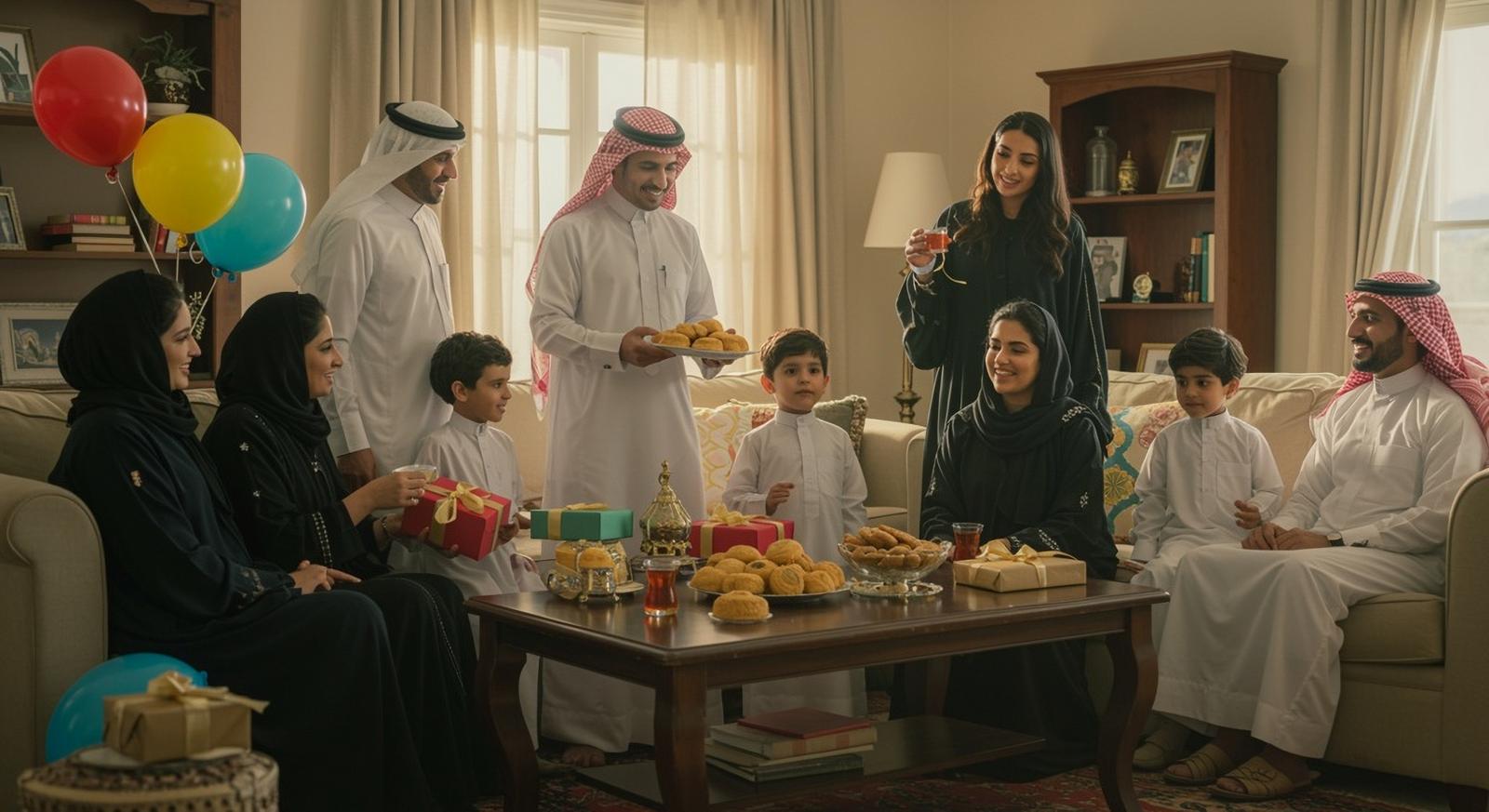

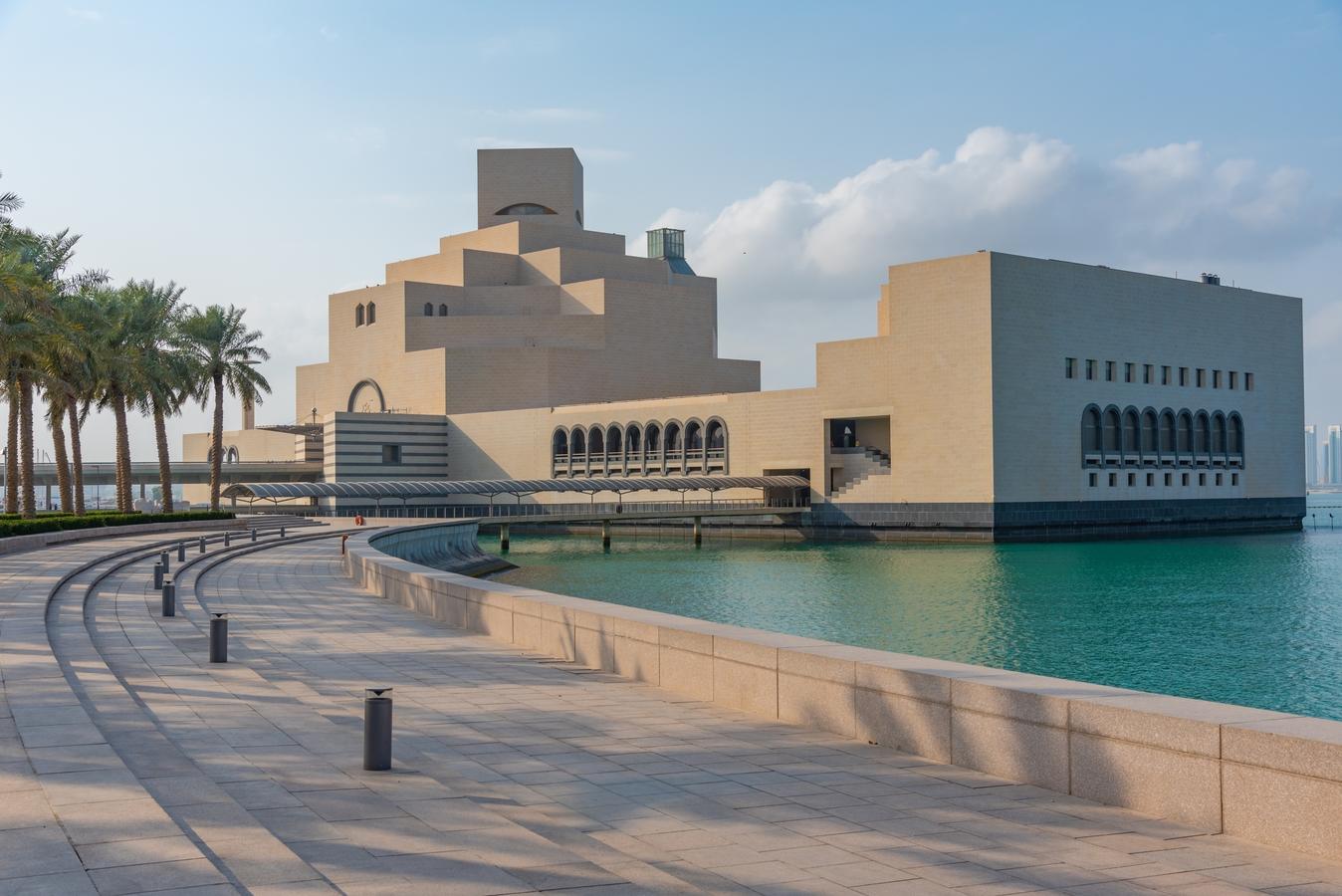
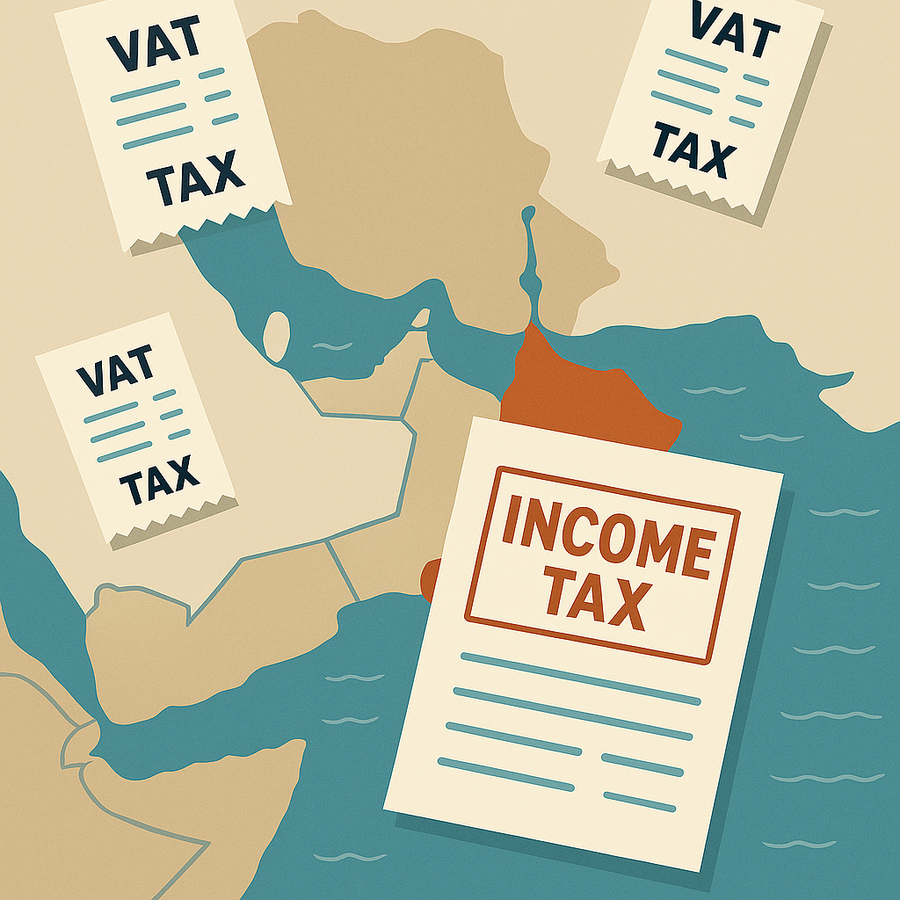
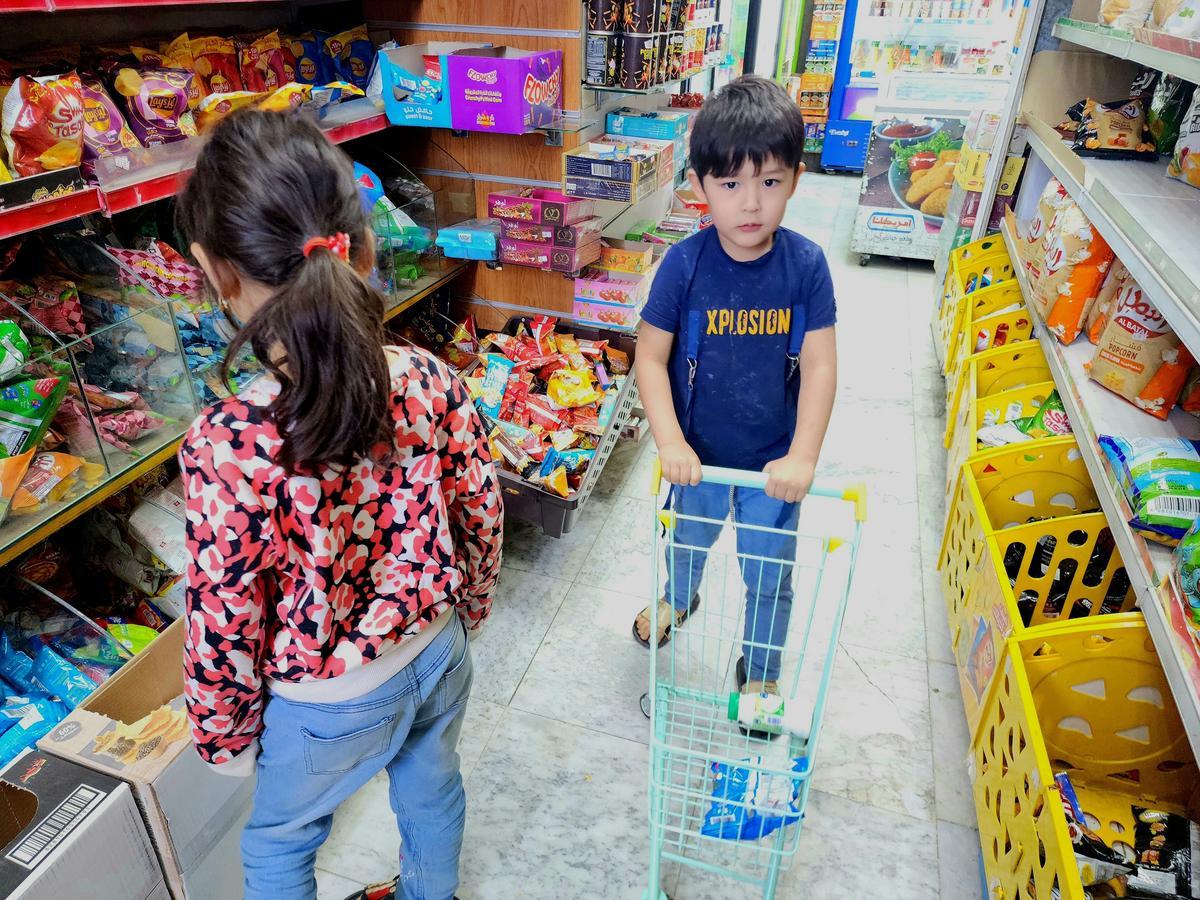
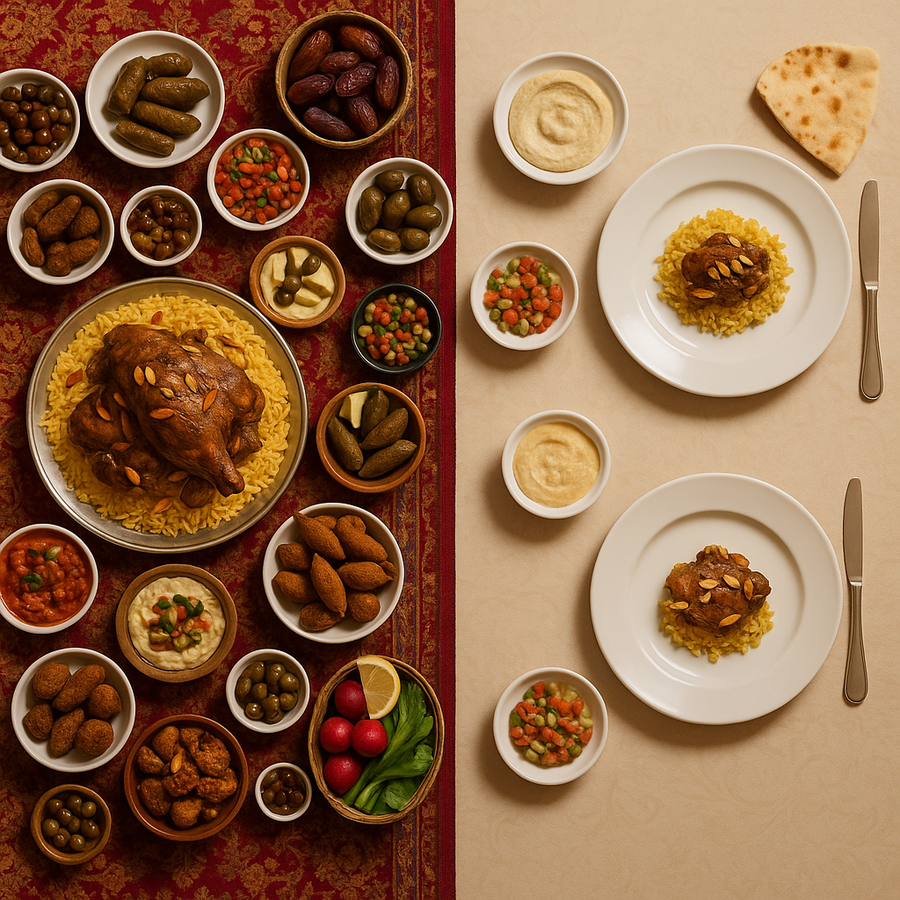
0 Comments
No comments yet. Be the first to comment!